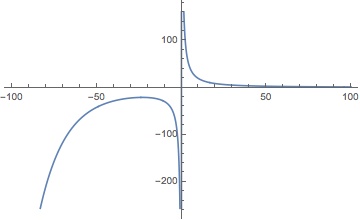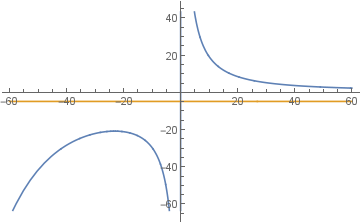The corrected equation can be solved using FindRoot:
FindRoot[(113.68 t/k - (1345.6/(k^2))*(1 - Exp[-k*t/11.6]) == -4.9 t^2) /. t -> 1, {k, 0.5}]
(* {k -> 0.235142} *)
This solves the equation for the value of $k$ corresponding to $t$ = 1 second. FindRoot requires an initial "guess" for the value of $k$; in this case, I've used $k = 0.5$.
Other choices of $t$ will yield different values of $k$. In fact, your equation reduces to $kt = \alpha$, where $\alpha$ is the root of the equation
$$
113.68/\alpha - (1345.6/(\alpha^2))*(1 - e^{-\alpha/11.6}) = -4.9
$$
which, as noted above, yields $\alpha \approx 0.235142$. For a given value of $t$, $k$ will then be equal to $\alpha/t$.
For the original equation (with a minus sign on the second term), no solution exists. We note from the form of the equation that the left-hand side will be strictly positive for positive values of $k$; so if the left-hand side is equal to -4.9, then we must have $k <0$. But if we run
FindMaximum[{113.68/k + (1345.6/(k^2))*(1 - Exp[-k/11.6]), k < 0}, k]
we obtain
(* {-20.8733, {k -> -22.9611}} *)
and so the function never attains a value greater than -20.8733 for any negative value of $k$.
If you don't believe me, here's the graph:
Plot[113.68/k + (1345.6/(k^2))*(1 - Exp[-k/11.6]), {k, -100, 100}]




Exp^(...)instead ofExp[...],-4,9instead of-4.9. But your fundamental problem is that your equation must be incorrect, since there is no solution. $\endgroup$DSolveandNDSolveare for solving differential equations (either analytically or numerically.) One wouldn't expect them to be of any help here. $\endgroup$Expand pushF1. You managed to invent two different incorrect expression syntaxes for the exponential. $\endgroup$